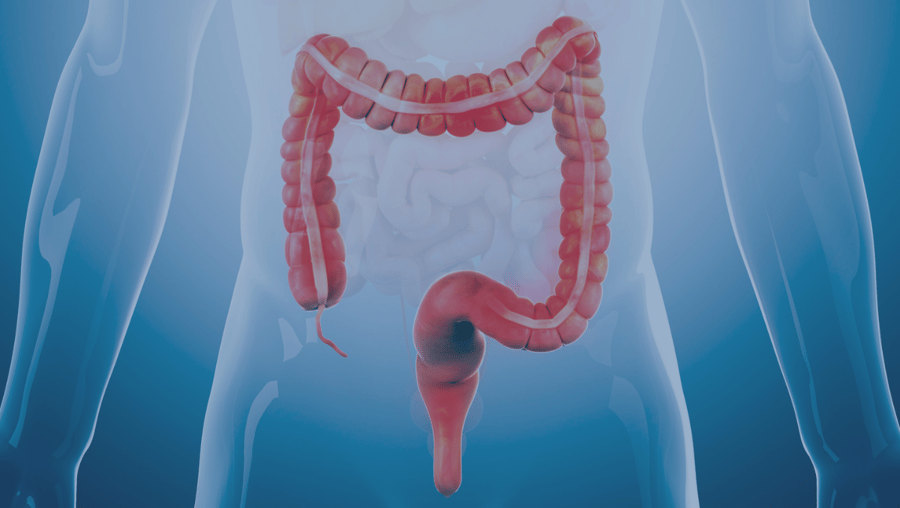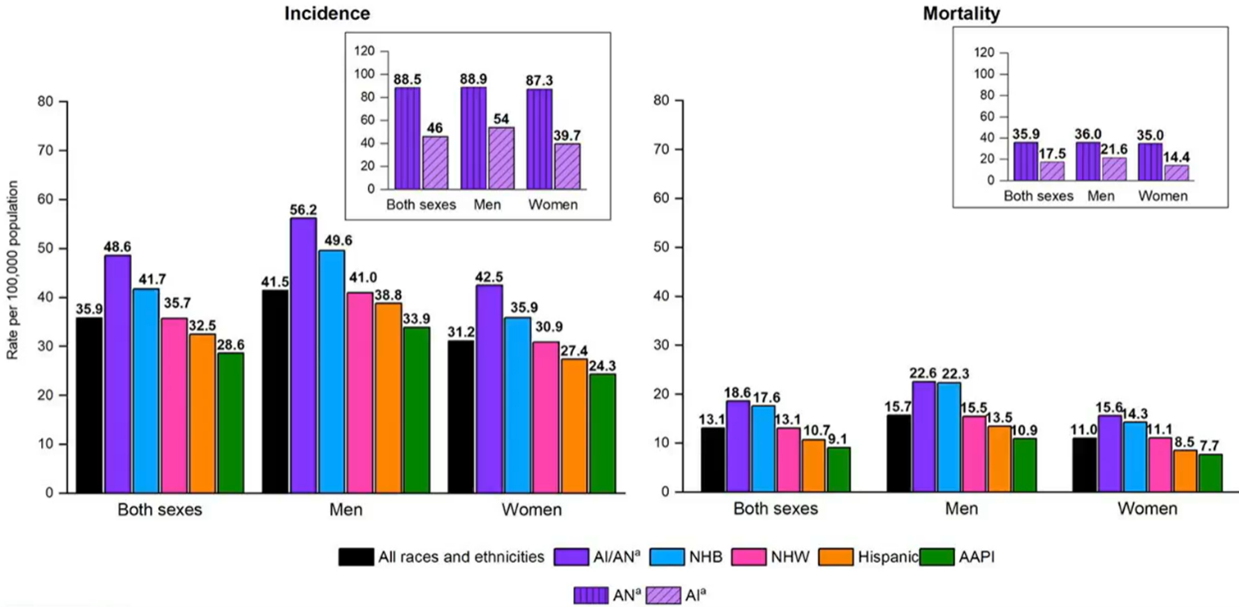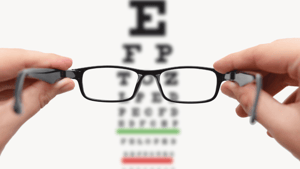Understanding Colorectal Cancer: Risks, Screening, and Prevention
September 29, 2023 Posted by AHW Endowment

Across the U.S. and in Wisconsin, colorectal cancer is becoming an increasingly common cancer in men and women. As of 2020, there were 126,240 cases of colorectal cancer in the country. Each year, the number of individuals diagnosed with colorectal cancer is growing, and the disease is affecting more young patients than ever before.
 Why is colorectal cancer on the rise? How do you know if you’re at risk, and what can you do to reduce your likelihood of developing it? In a recent episode of Coffee Conversations with Scientists, Charles R. Rogers, PhD, former associate professor of epidemiology and social sciences in the Institute for Health & Equity at the Medical College of Wisconsin (MCW), discussed the importance of early detection for colorectal cancer and why it is expected to become an even larger health issue in years to come.
Why is colorectal cancer on the rise? How do you know if you’re at risk, and what can you do to reduce your likelihood of developing it? In a recent episode of Coffee Conversations with Scientists, Charles R. Rogers, PhD, former associate professor of epidemiology and social sciences in the Institute for Health & Equity at the Medical College of Wisconsin (MCW), discussed the importance of early detection for colorectal cancer and why it is expected to become an even larger health issue in years to come.
What Is Colorectal Cancer?
Colorectal cancer is a disease in which cells in the colon (large intestine or large bowel) or rectum (the pathway between the colon and the anus) grow out of control. Most colorectal cancers begin as polyps (small tissue growths) that grow on the inner lining of the colon or rectum. If a polyp becomes cancerous, it can spread into the colon or rectum’s walls and then to blood or lymph vessels, potentially traveling to other parts of the body.
Who Is at Risk for Colorectal Cancer?
Currently, American Indian and Alaskan Native men have the highest incidence of being diagnosed with colorectal cancer, as well as the highest mortality rate. Separating these two populations shows that both the incidence and the mortality of colorectal cancer among Alaskan Native populations far outpaces all other groups. The risks associated with colorectal cancer are higher for men than for women across all populations.

Graph featured in August 23, 2023 Coffee Conversations with Scientists Episode
While a person’s risk of getting colorectal cancer increases with age, according to Dr. Rogers, anyone can get it. And in the years to come, a younger population might be more at risk. “If you have a colon, you can get colon cancer… Colorectal cancer does not discriminate, and it’s so prevalent that projections exist that, by 2030, for individuals ages 20-49, colorectal cancer is expected to be the leading cancer killer,” he says.
According to Dr. Rogers, some of the risk factors that increase a person’s likelihood of developing colorectal cancer include:
- Smoking
- Lack of fruit, vegetables, and fiber in one’s diet
- Being overweight or obese
- Lack of physical activity and exercise
- Heavy consumption of alcohol
- Diabetes
- Diets high in red meat (beef, pork, or lamb) and processed meats and fats
- Frequent preparation of meat with methods using high temperatures that create charring
Additionally, the U.S. Centers for Disease Control notes that individuals with inflammatory bowel disease, a personal or family history of colorectal cancer and colorectal polyps, or certain genetic syndromes (such as Lynch syndrome) are at a higher risk for colorectal cancer.
Screening for Colorectal Cancer
Colorectal cancer screening starting at age 45 for both men and women is crucial to diagnosing colorectal cancer early in its development, allowing for the removal of polyps before they become cancerous. As Dr. Rogers mentioned, patients diagnosed with colorectal cancer at stage 0-I have more than a 90% chance of survival, while that likelihood drops to less than 15% if colorectal cancer is diagnosed at stage IV.
Though there are now various colorectal cancer screening tools available for patients to use at home, in addition to in-office screenings (colonoscopies) conducted by healthcare providers, Dr. Rogers suggests, “The best screening is the one that gets done. With stool-based tests, given their safety, they’re simple, they’re low-cost, and there’s minimal discomfort, it’s definitely a viable alternative screening for patients at risk of colorectal cancer.”
Colorectal Cancer in Wisconsin
Colorectal cancer is the second leading cause of cancer-related deaths in Wisconsin for men and women. Each day, seven people are diagnosed with the disease. As with the rest of the country, Black, Non-Hispanic and American Indian Alaskan Native, Non-Hispanic men and women over 50 in our state are at the highest risk for being diagnosed with and dying from colorectal cancer. However, cases have been diagnosed in patients as young as 18.

Cancerous cells in the colon
Dr. Rogers reminded listeners of his Coffee Conversations with Scientists episode that colorectal cancer is “preventable, beatable, and treatable.” He encourages individuals to not only get screened for it, but also to spread the word about the disease. “We have to make colorectal cancer famous… It needs to be something we talk about all the time.”



